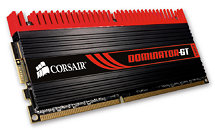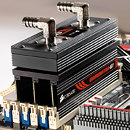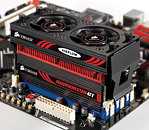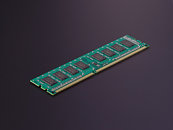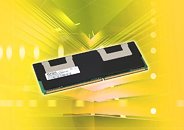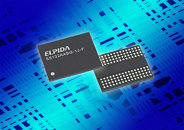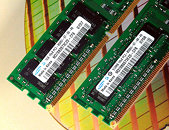Elpida Enters Graphics Memory Business
Elpida Memory, Inc., a leading global supplier of Dynamic Random Access Memory (DRAM), today announced that it reached an agreement with Germany-based Qimonda AG, which is now in insolvency proceedings, to acquire Qimonda technology licenses and a portion of the design assets related to Graphics Double Data Rate (GDDR), a memory architecture that has a high-speed data interface for graphic processing applications.
Based on the licenses and assets acquired from Qimonda, Elpida will now join the graphics DRAM business and become a memory solutions company with an expanded range of products and services.
Based on the licenses and assets acquired from Qimonda, Elpida will now join the graphics DRAM business and become a memory solutions company with an expanded range of products and services.

